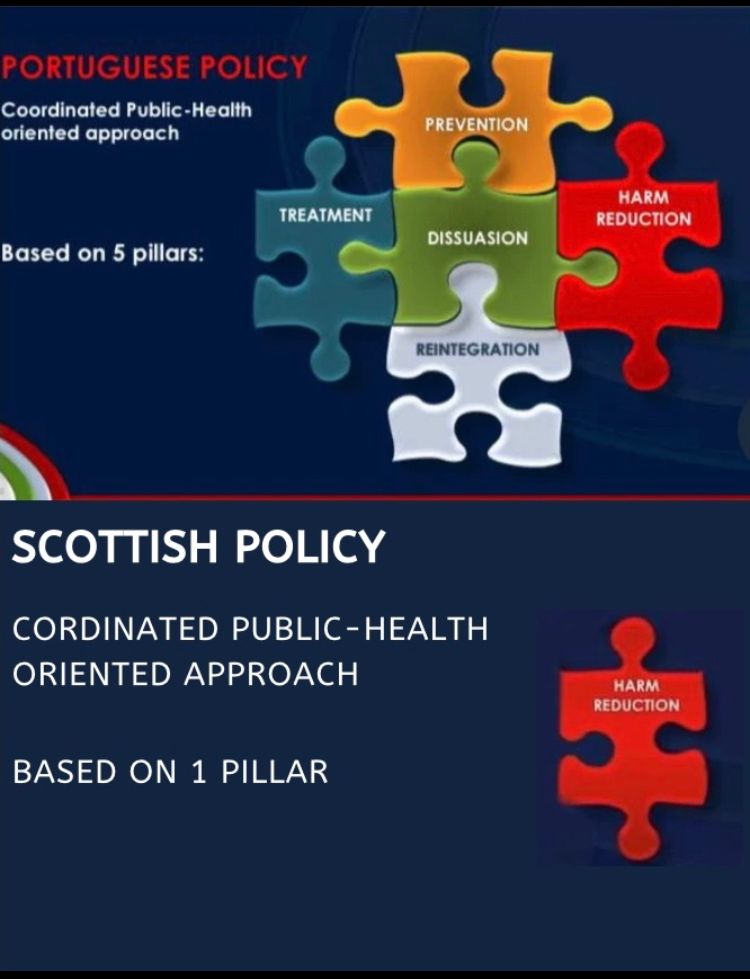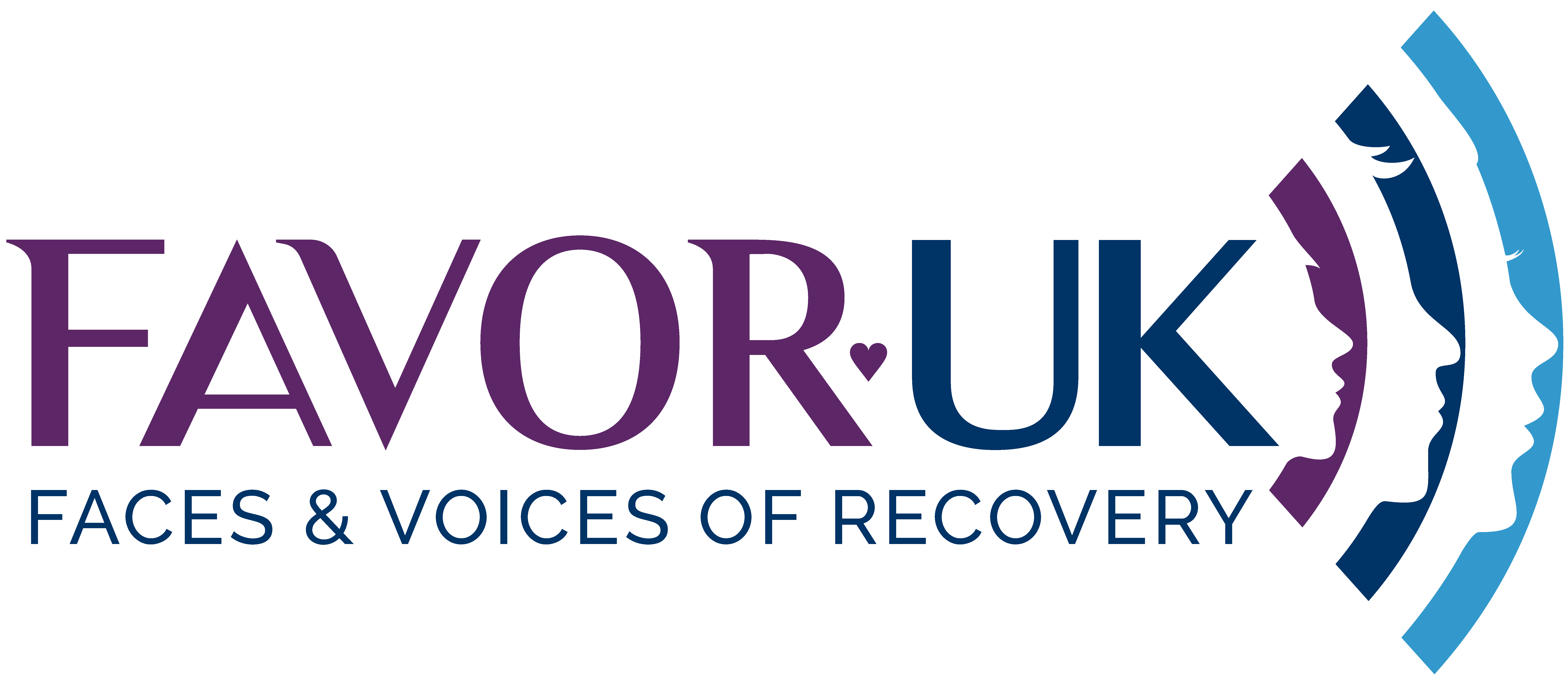Scotland’s drug policy landscape is currently in the spotlight as the government explores the possibility of decriminalisation, drawing inspiration from European countries like Portugal, Germany, and Switzerland. While these European nations are often cited as “success” stories, it’s vital to recognise that comparing their drug policies to Scotland’s is far from straightforward.
Diverging Approaches
While there is a shared aspect of decriminalisation for personal drug possession, it is essential to recognise that Scotland’s approach significantly differs from that of its European counterparts. Scotland has, in practice, adopted a form of decriminalisation where the prosecution of possession offenses is effectively at the discretion of prosecutors and influenced by public interest. This has resulted in a de facto decriminalisation of personal drug possession in Scotland.
In contrast, European nations have consistently and uniformly allocated funding and implemented a more comprehensive set of strategies
A Comprehensive Pillared Approach
Germany, Switzerland, and Portugal have adopted a well-rounded four or five-pillar drug strategy that covers prevention/education, harm reduction, treatment, enforcement, and, notably in Portugal’s case, reintegration. These pillars are strategically balanced to address various aspects of drug-related issues. Germany focuses on addiction prevention, harm reduction, treatment, and protecting society’s health from dangerous substances. Switzerland’s approach integrates heroin-assisted treatment within a harm reduction framework while prioritising preventing new drug users and providing therapy and social integration. Portugal’s strategy combines harm reduction and enforcement with a strong focus on dissuasion, treating drug use as a socially unacceptable behaviour and addiction as a health issue.
Scotland’s Focus on Harm Reduction In contrast,
Scotland has predominantly centred its efforts on harm reduction, primarily aimed at reducing the harm caused by drug use and preventing overdose deaths. While these measures are crucial, they have taken precedence over the development of a comprehensive prevention, treatment and recovery system. Without an integrated treatment pathway, harm reduction efforts have became an endpoint rather than a steppingstone to recovery.
Scotland’s Unique Context
It’s essential to acknowledge that Scotland’s drug policy context and infrastructure are markedly different from the European models it seeks to emulate. Unlike Portugal, public drug use remains illegal in Scotland. However, there has been reluctance to admit the negative consequences of hard drug use, and the need for comprehensive treatment and recovery services has not been prioritised.

Learning from European Models
To achieve results akin to the European models, Scotland must prioritise the development of a robust prevention, treatment and recovery system alongside its harm reduction efforts. Portugal’s disputed “success”, for instance, hinges on having a mature, nationwide treatment network in place before decriminalisation. In contrast, Scotland does not have this option at all & couldn’t even if it wanted to direct those caught using & or in possession of hard drugs if addicted toward readily treatment options that offer freedom from dependency.
The Way Forward
As Scotland continues its decriminalisation experiment, it stands at a pivotal moment in public health policy. Rather than narrow its focus to harm reduction alone, Scottish leaders must embrace a holistic approach. The development of an integrated treatment and recovery system is paramount in addressing the public health challenges posed by drug addiction in our country.
Scotland’s political leaders hold the key to guiding the nation toward a more effective and comprehensive drug policy that can genuinely transform the lives of those affected by addiction. #OorBill – The right to Recovery bill would ensure that the full menu of options for treatment in Scotland would be available. This extends beyond mere rehabilitation; it encompasses the fundamental right to a range of options. It provides individuals with the entitlement to choose the medication or treatment that suits them best, whether it’s detoxification, stabilisation, rehabilitation, or other suitable options as evidenced by the National Institute of Clinical Excellence & the Orange book.

